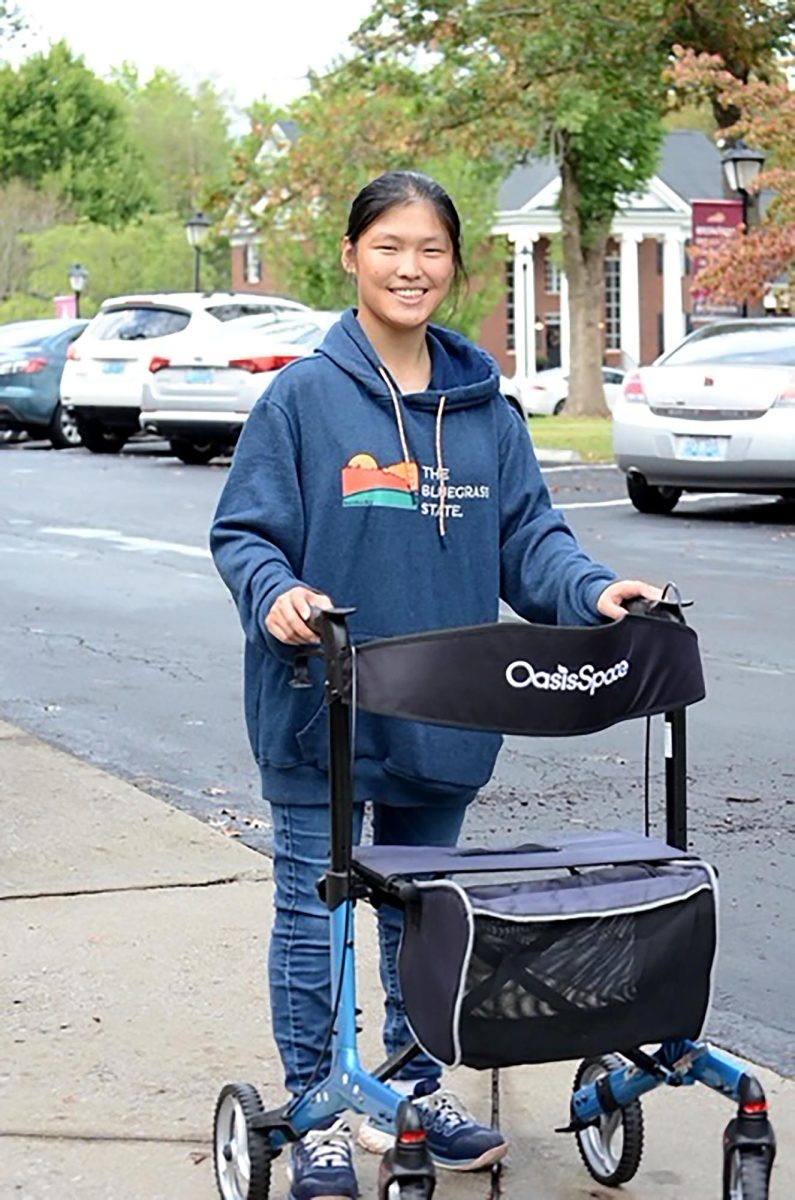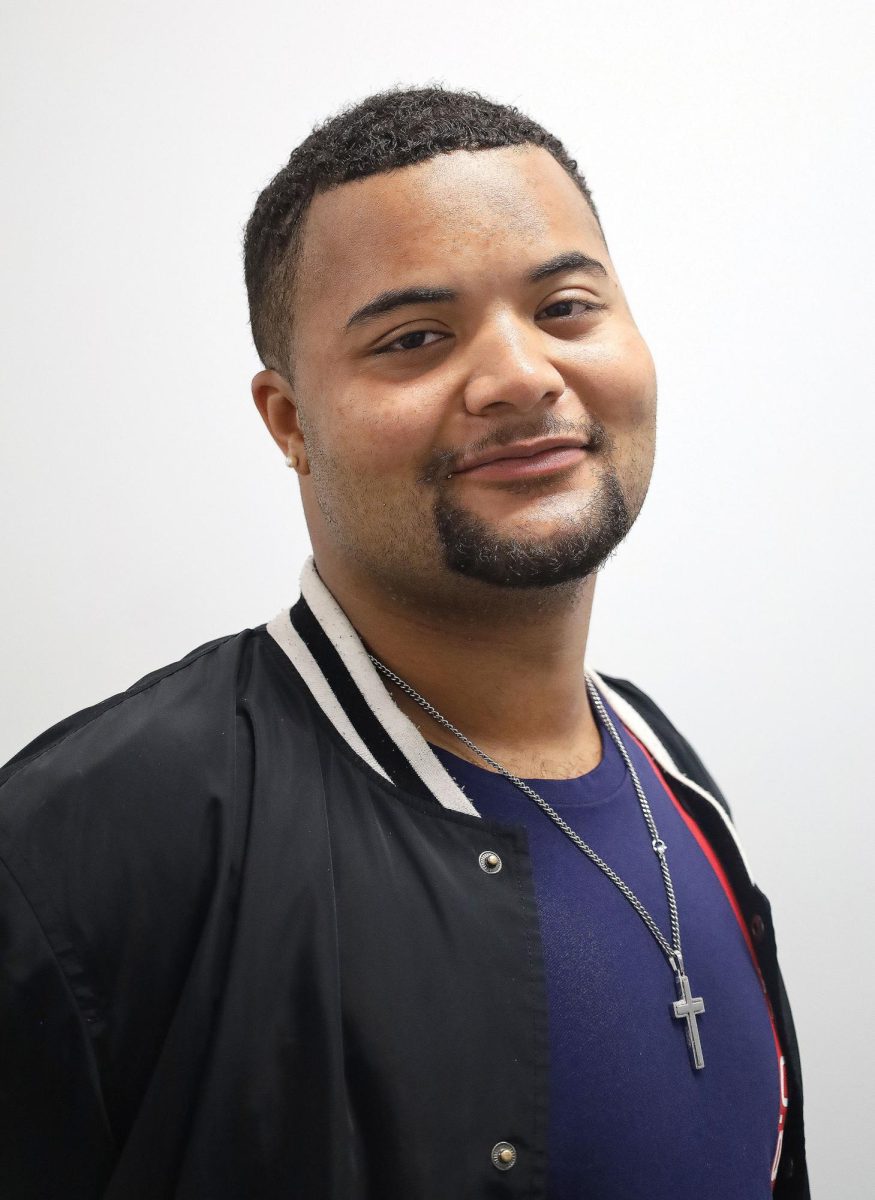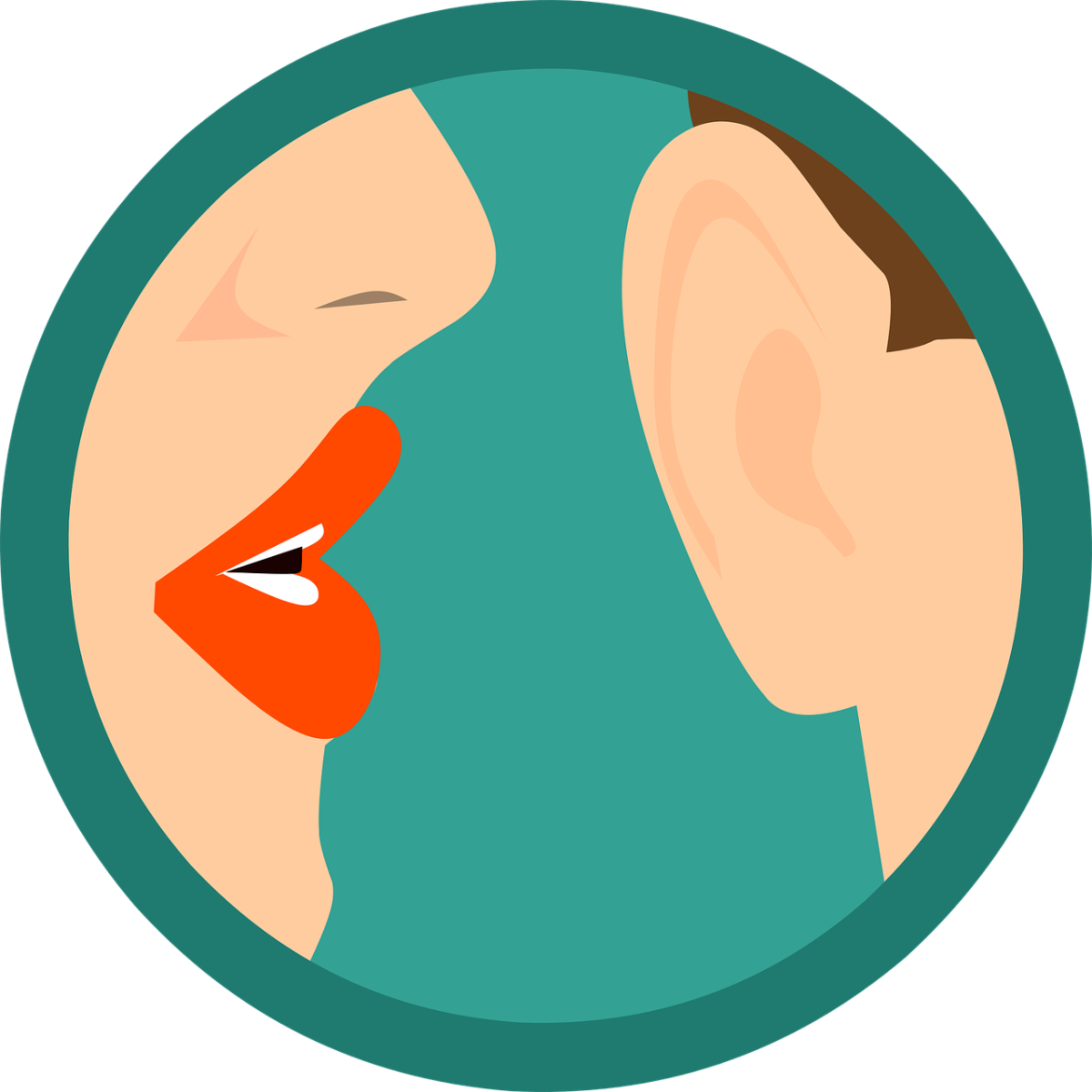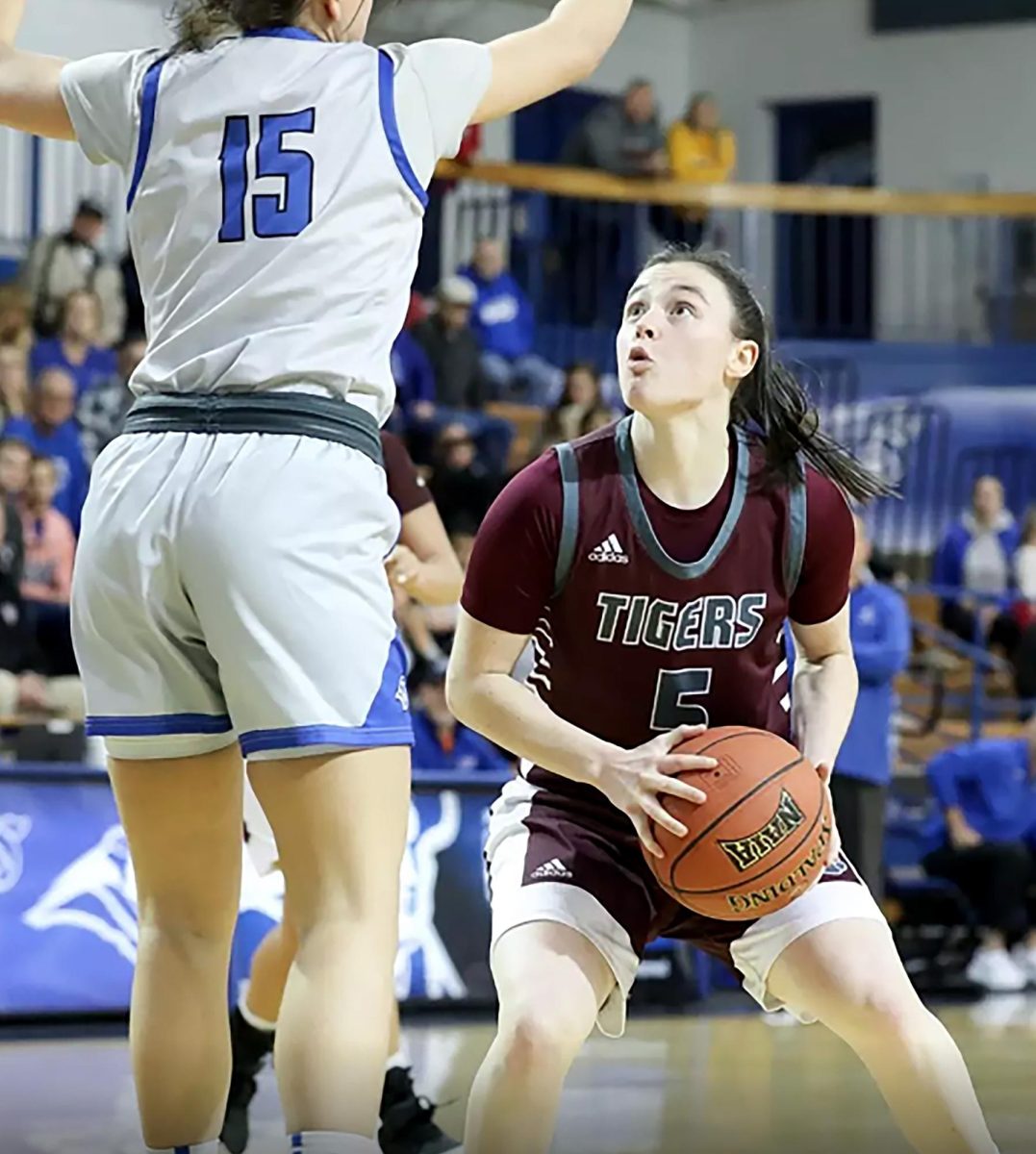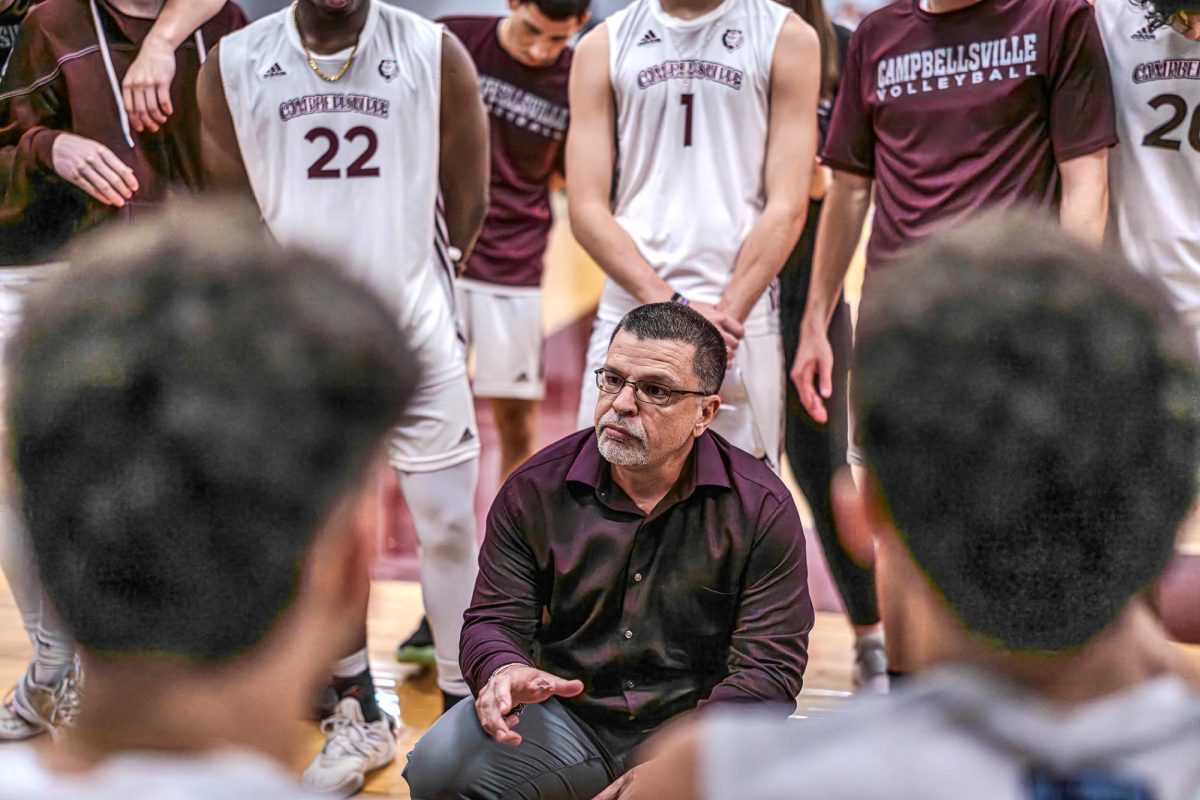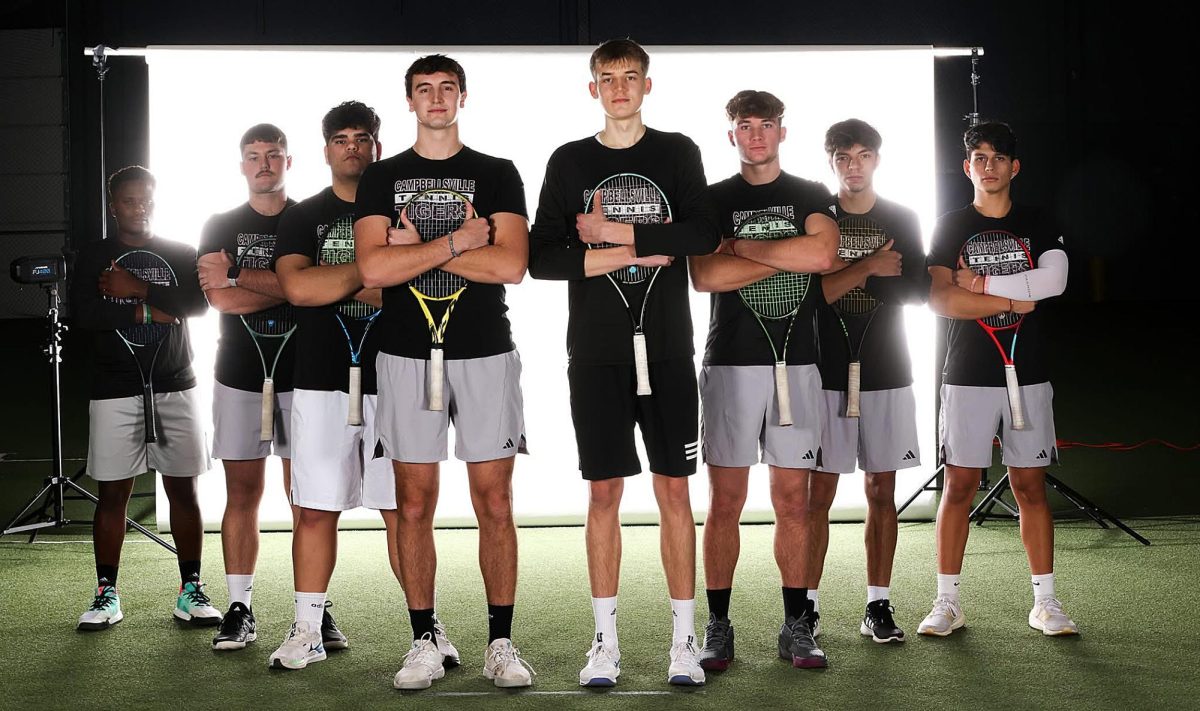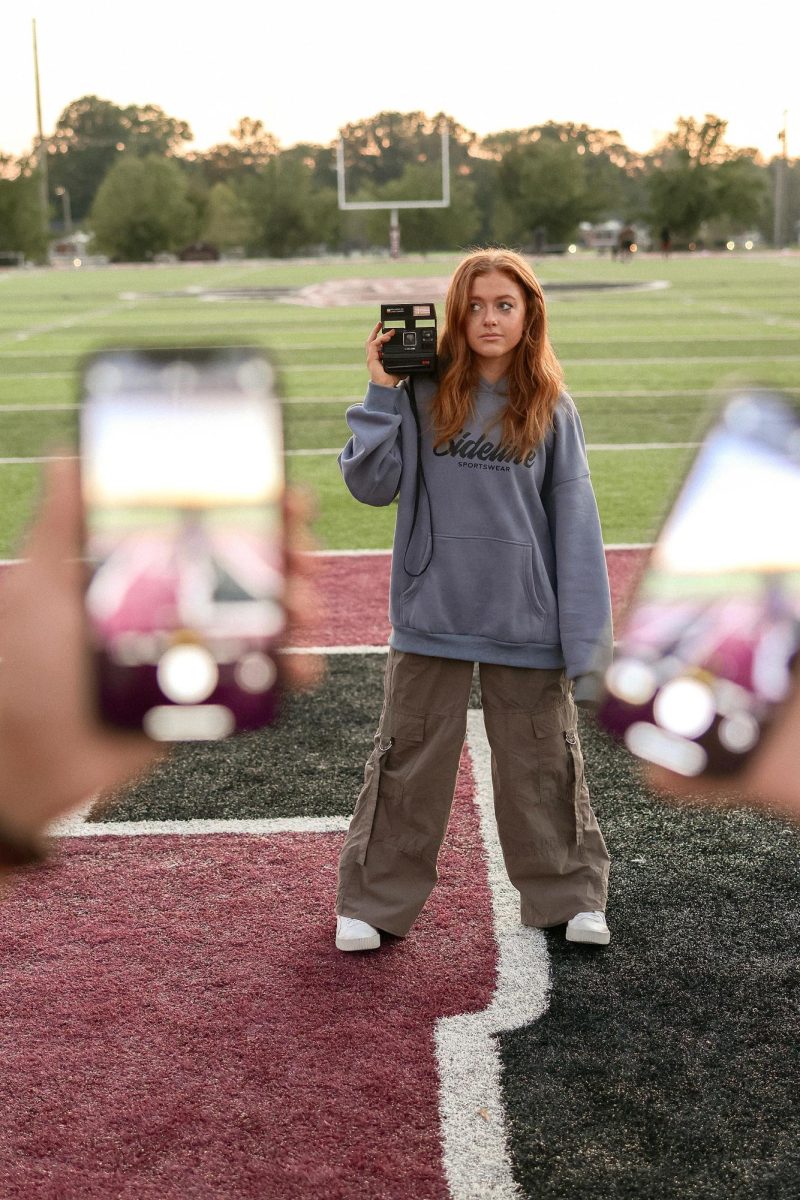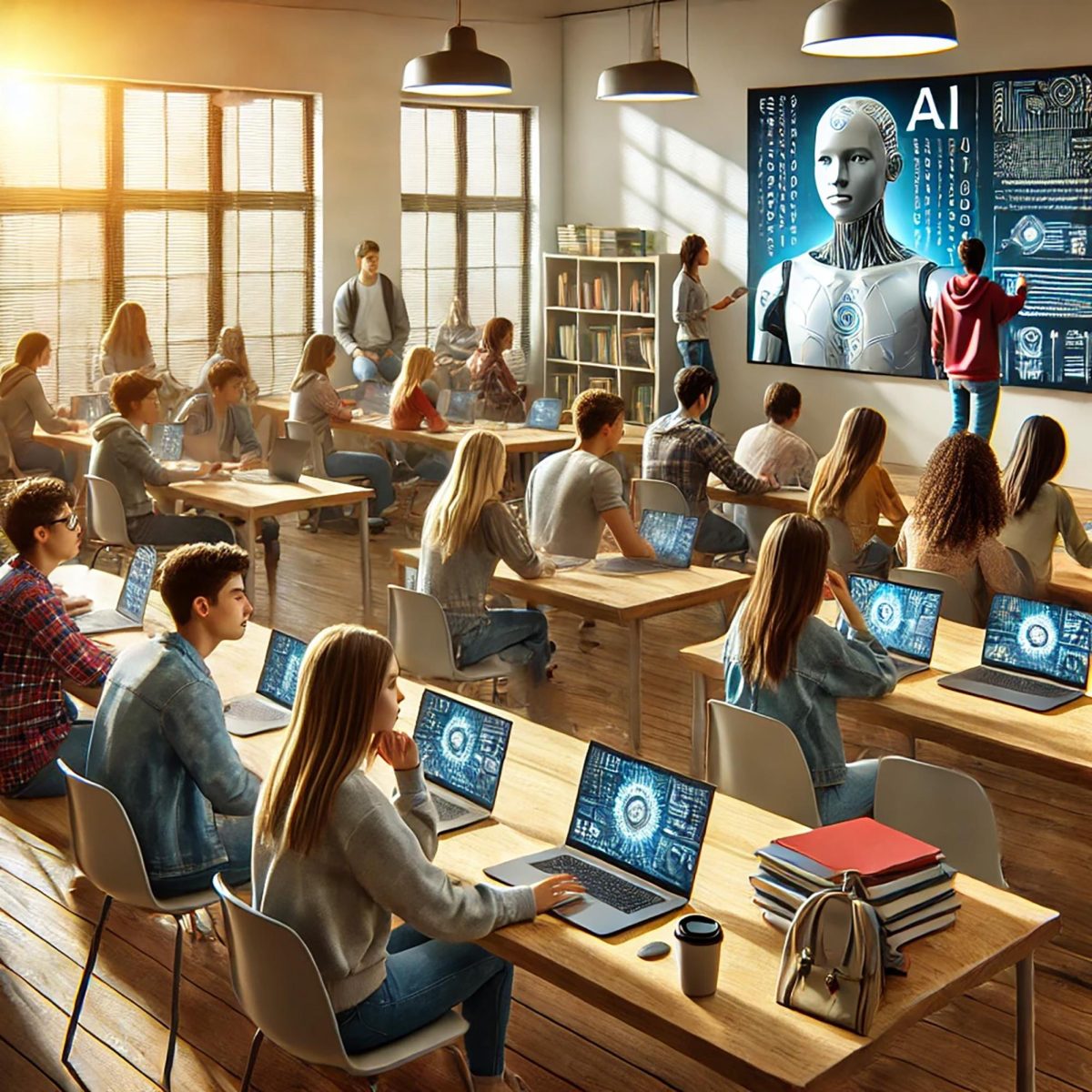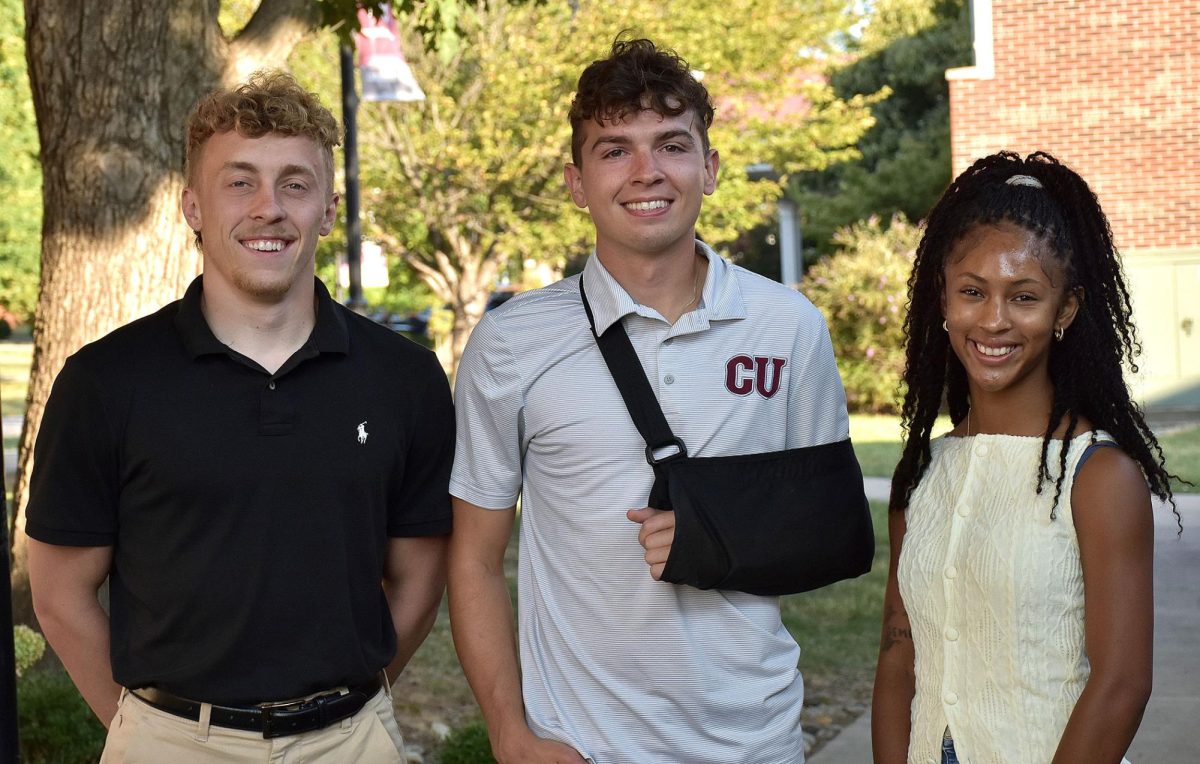Artificial intelligence is changing how students learn, complete assignments and find information. Some see AI as a helpful tool, while others are concerned about its impact on critical thinking and academic integrity.
For Campbellsville University graduate student Nicolás Andrade, AI has become essential to his academic routine. Though he was initially hesitant, he now uses it daily to answer questions, explain concepts and improve his writing.
“When it came out, I didn’t use it much. Now, I use it every day for any questions I have,” Andrade said. “I don’t Google anymore; I just use AI.”
He believes AI is more efficient than traditional search engines, allowing students to get direct answers quickly instead of searching through multiple sources.
“AI helps me understand topics better. It’s an extra tool for learning,” he said.
Andrade’s experience reflects a growing trend. According to education software company Aristek Systems, 47% of education leaders now use AI daily, especially for research, lesson planning and creating assignments.
However, Andrade acknowledges some concerns. AI consumes large amounts of energy and water, raising environmental issues. According to the Massachusetts Institute of Technology, beyond electricity demands, a great deal of water is needed to cool the hardware used for training, deploying and fine-tuning generative AI models, which can strain municipal water supplies and disrupt local ecosystems.
Some professors allow AI as a study tool but use AI detectors to prevent students from using it to complete assignments entirely.
“Some of my professors use AI detectors, but they also say we can use AI to understand the subject better,” Andrade said.
As a non-native English speaker, Andrade once used AI to check the grammar of an important psychology paper. He sees AI becoming a permanent part of education, business and government in the future.
“AI is not just for school; it’s useful in everyday life,” he said. “I believe every school, college and university will adopt it in the future.”
CU junior Jimena Palomo has decided not to use AI for her studies. She believes using AI too much could weaken her ability to think critically and solve problems on her own.
“I want to develop my critical thinking skills,” she said. “AI might help, but it’s not the same as figuring things out yourself.”
As an accounting major, she acknowledges the benefits of technology but warns that relying on AI too much can make students lazy.
“If students overuse AI, they might stop putting in the effort,” she said. “AI can do a lot of work, so it’s tempting to take shortcuts.”
Palomo said she’s also concerned about academic integrity.
“Assignments are meant to help students learn. If you use AI for everything, it’s cheating,” she said.
Instead of AI, Palomo relies on books, library resources and verified citation generators. While her approach takes longer, she believes doing the work herself is more rewarding.
“It guarantees that my work is truly mine,” she said.
She admits that studying without AI can be tough, especially when she struggles with a topic. Unlike AI users who get instant explanations, she must schedule time to meet with professors.
“It’s hard when I don’t understand an assignment,” she said. “I have to find time to meet with my professor instead of just asking AI.”
While she doesn’t use AI now, she might consider it in the future for minor research tasks. However, she believes regulating AI use in education will be difficult.
“AI detectors help a little, but in the end, it’s up to the student to use AI responsibly,” she said.
A recent study from Smart Learning Environments found that 84% of professors support AI in education, while 16% oppose it. This divide reflects the ongoing debate over whether AI is a useful tool or a crutch that students rely on too much.
Sophomore Andrea Pulido falls somewhere in between. She frequently uses AI but acknowledges many students misuse it.
“I use it often, especially for time-consuming tasks,” Pulido said.
Like Andrade, she appreciates AI’s efficiency. However, she agrees with Palomo that students often use AI as a shortcut rather than a learning tool.
“It can be helpful, but most of the time, we just use it to save time,” she said.
At times, Pulido has felt guilty about using AI, worrying it prevents her from truly learning.
“Sometimes, I hesitate because I feel like I’m not truly learning the concept,” she said.
She has also noticed that students are becoming overly dependent on AI.
“Many students stop thinking for themselves because they rely too much on AI,” she said.
Professors have mixed opinions on AI. Some encourage students to use it wisely, while others warn against its overuse.
“Some professors tell us to use AI as a tool, but not to let it do all the work,” Pulido said.
Pulido has seen classmates use AI in ways that seem unfair, such as completing assignments with little effort.
“It’s easy to use AI to finish an assignment quickly,” she said.
She believes universities should have stricter rules about AI use, at least for major assignments.
“I think there should be some regulations for important work,” she said.
Looking ahead, Pulido expects AI to become even more common in education. While schools may try to control its use, she doubts they will succeed.
“AI will be everywhere in the future,” she said, “and even if they try to regulate it, it will be hard to control.”



